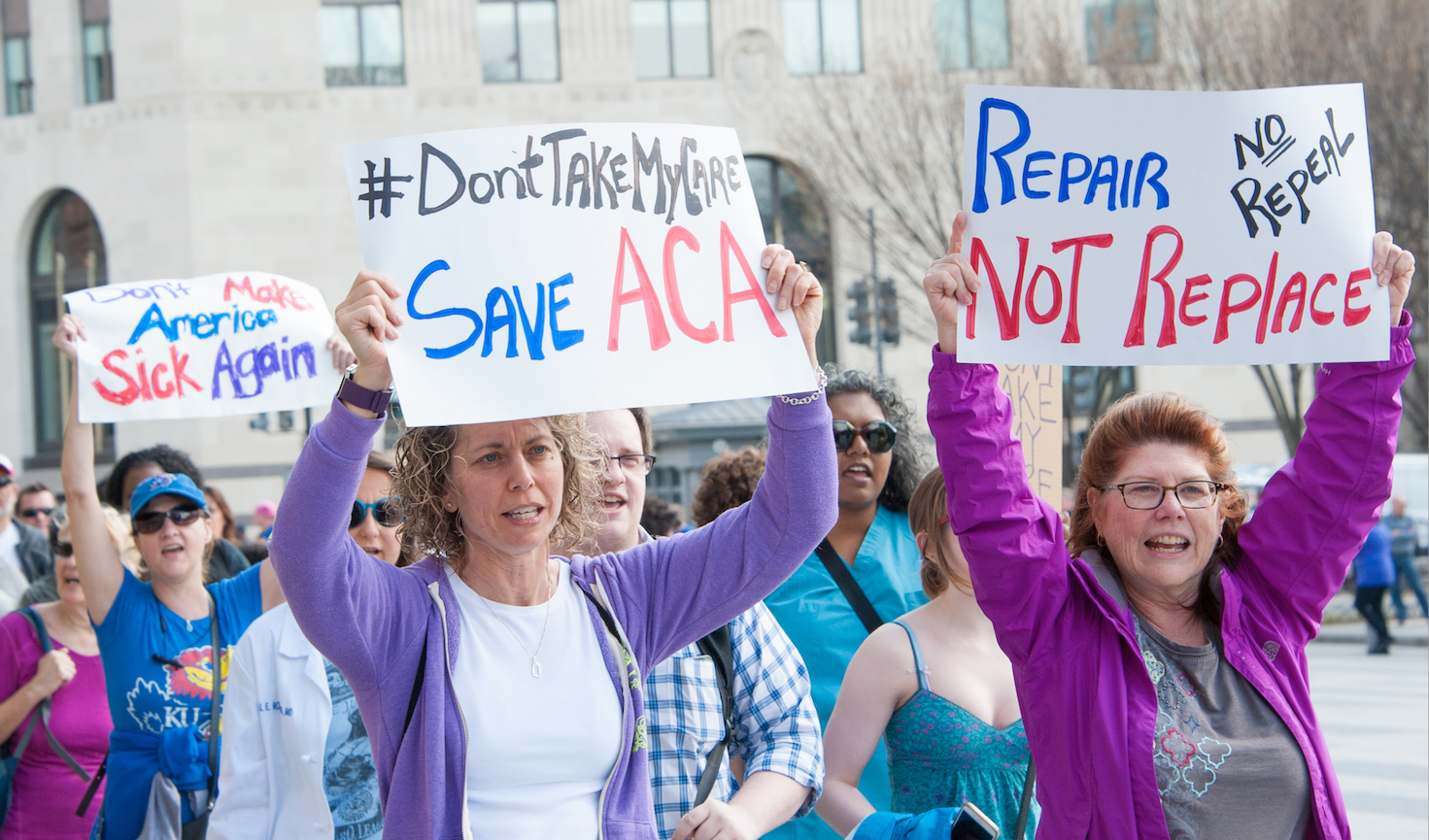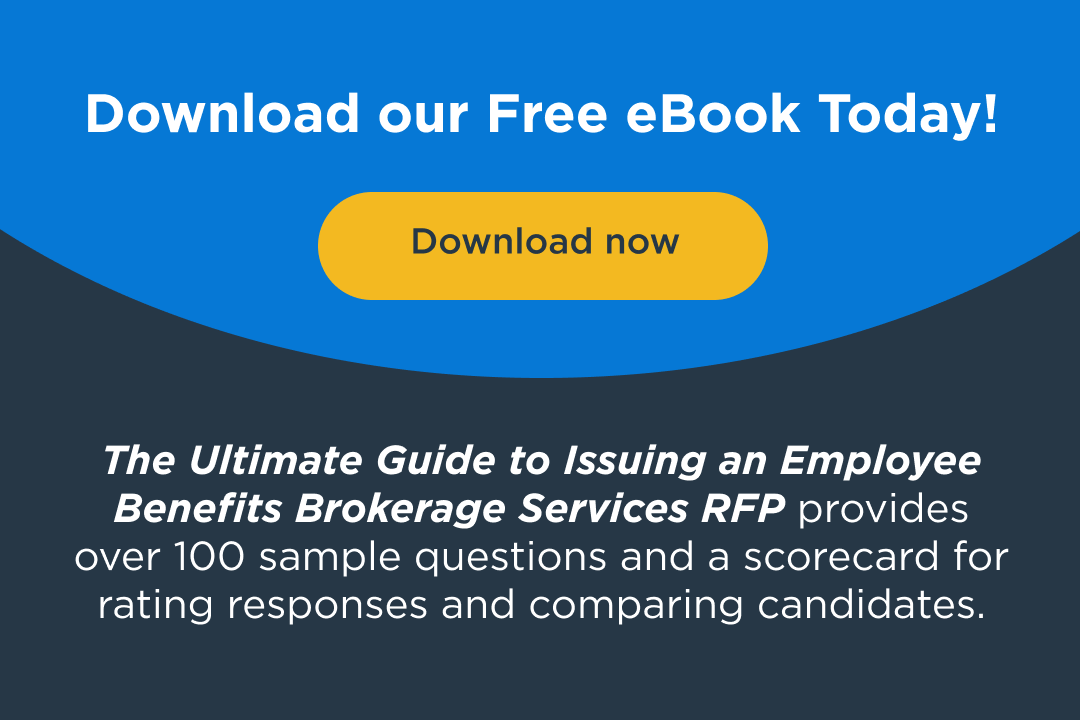What to Expect from the Trump Administration in 2025: Employee Benefits
February 3, 2025

As the Trump administration begins its second term, employers and employees alike are closely watching for changes to federal policies that could impact workplace benefits. Historically, the administration has focused on reducing regulatory burdens, expanding tax-advantaged savings options, and encouraging flexibility in employee benefits. According to policy analyses from organizations like the Society for Human Resource Management (SHRM) and the National Law Review, these themes are expected to continue shaping the benefits landscape in 2025.
Here’s a closer look at some areas where we may see developments:
1. Health Savings Accounts (HSAs)
Expanding the use and accessibility of Health Savings Accounts has been a key priority for past Republican administrations. In 2025, we may see legislative efforts to raise contribution limits, allowing employees to save more for medical expenses in a tax-advantaged way. Additionally, there may be increased flexibility in eligible expenses to better align with modern healthcare needs. For employers, this could make HSAs a more attractive option to integrate into benefit plans.
2. Affordable Care Act (ACA) Adjustments
While a complete repeal of the ACA is unlikely, adjustments to employer mandates and reporting requirements remain a possibility. The Trump administration has previously advocated for simplifying compliance obligations and providing more flexibility to small and medium-sized businesses. Employers should stay updated on any proposed changes to ensure their health plans remain compliant..
3. Retirement Plans
The focus on improving retirement readiness could continue into 2025. Initiatives may include enhancements to employer-sponsored plans like 401(k)s or new incentives for small businesses to offer retirement plans. Employers might also see changes in Social Security reform discussions, potentially influencing how retirement benefits are structured.
4. Dependent Care Benefits
With the rising cost of childcare, federal initiatives to support working families may include increases to pre-tax contribution limits for dependent care flexible spending accounts (FSAs). This would give employees more resources to cover childcare and other dependent-related expenses while offering employers an opportunity to attract and retain talent by enhancing their benefits packages.
5. Telehealth and Remote Work
The expanded use of telehealth services and flexible work policies accelerated during the pandemic has continued to gain traction. Regulatory support for these options could remain strong, encouraging employers to maintain or expand benefits like virtual healthcare access and remote work allowances. These options are becoming key differentiators in the competition for top talent.
6. Regulatory Changes
Leadership changes in agencies like the Department of Labor and the Equal Employment Opportunity Commission could influence how labor laws are interpreted and enforced. Policies affecting worker classification, overtime pay, and workplace accommodations could shift to favor employer flexibility. Employers should monitor updates to ensure compliance and take advantage of any new opportunities to streamline operations.
Why This Matters
Employee benefits are more than just a compliance requirement—they’re a vital tool for attracting and retaining talent. Staying informed about federal policy changes is essential for organizations to remain competitive and aligned with employee needs.
How We Can Help
Navigating changes in employee benefits policies can be complex. HUB Southwest’s Employee Benefits Specialists can help your organization stay ahead of evolving regulations and optimize your benefits strategy. From understanding new compliance requirements to designing tailored benefit plans, we’re here to provide expert guidance and support.
Let’s work together to ensure your business and employees thrive in 2025 and beyond. Contact us today to learn more about how we can support your organization in developing a successful and sustainable benefits strategy.


